
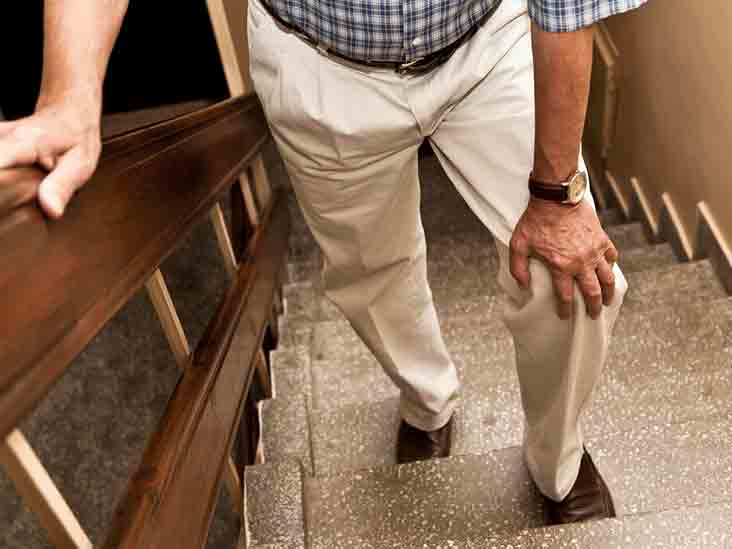
Chronic Knee Pain: Understanding and Managing Chronic Knee Pain.
Chronic knee pain is a debilitating condition that affects millions of people worldwide. It can significantly impact one’s quality of life, limiting mobility, and interfering with daily activities. While acute knee pain often results from injuries or trauma, chronic knee pain persists for an extended period, typically three months or longer.
Knee pain may be the result of an injury, such as a ruptured ligament or torn cartilage. Medical conditions – including arthritis, gout, and infections – can also cause knee pain.
Many types of minor knee pain respond well to self-care measures. Physical therapy and knee braces also can help relieve pain. In some cases, however, your knee may require surgical repair.
This article aims to shed light on the causes, symptoms, diagnosis, and management of chronic knee pain, empowering you to seek appropriate treatment and regain control over your life.
Chronic knee pain can have various underlying causes. Some of the most common causes and risk factors include:
The location and severity of knee pain may vary, depending on the cause of the problem. Chronic knee pain is typically characterized by:
These symptoms can significantly impede everyday activities, making it crucial to seek medical attention for an accurate diagnosis. A healthcare professional will likely perform a comprehensive examination, which may include:
Call your doctor if you:
The treatment of chronic knee pain focuses on alleviating discomfort, improving function, and addressing the underlying cause. The following treatment and management approaches are commonly employed:
While not all causes of chronic knee pain can be prevented, adopting healthy habits and practices can minimize the risk and manage symptoms effectively. These include:
Chronic knee pain is a prevalent condition that can significantly impact your overall well-being and mobility. By understanding the causes, symptoms, and available treatment and management options, you can take proactive steps toward managing your condition effectively.
Early diagnosis, appropriate medical care, and self-care practices play a vital role in reducing pain, restoring function, and improving the quality of your life.
For effective treatment and management of knee pain (whether acute or chronic), contact or visit Advanced Health Solutions – GA Spine & Disc. Call us today at (770) 926-9495 or fill out our online contact form to book an appointment.


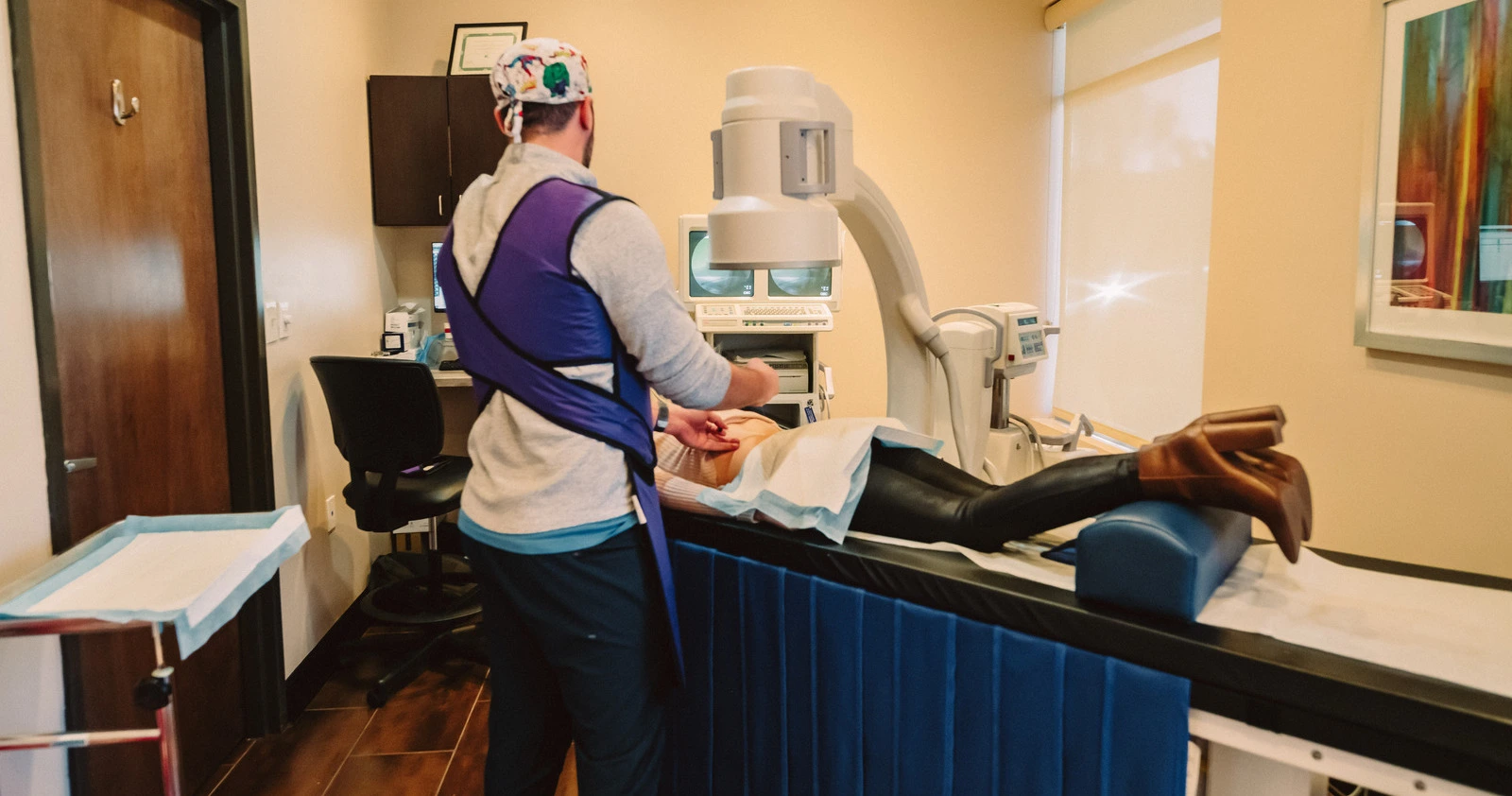
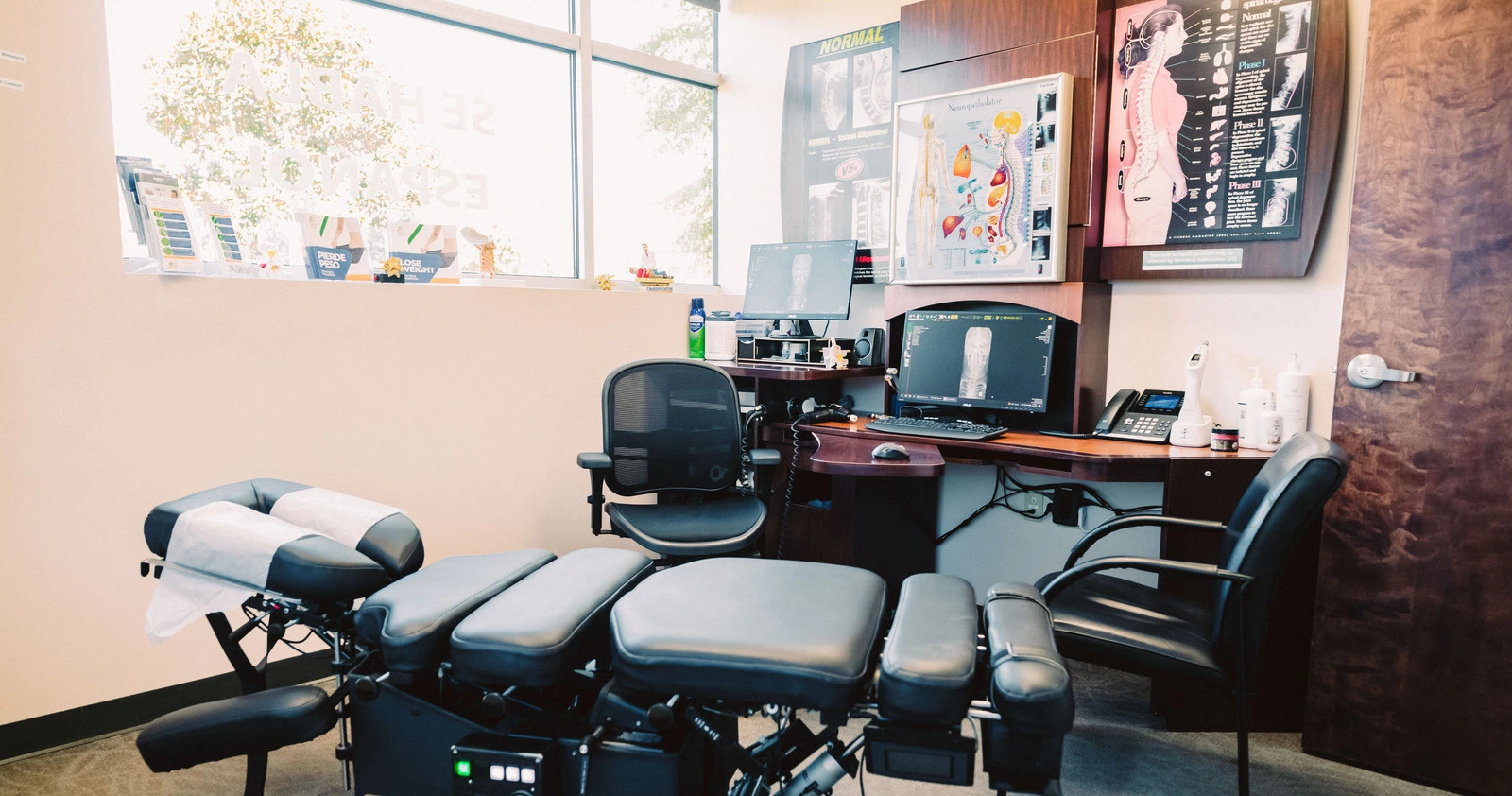

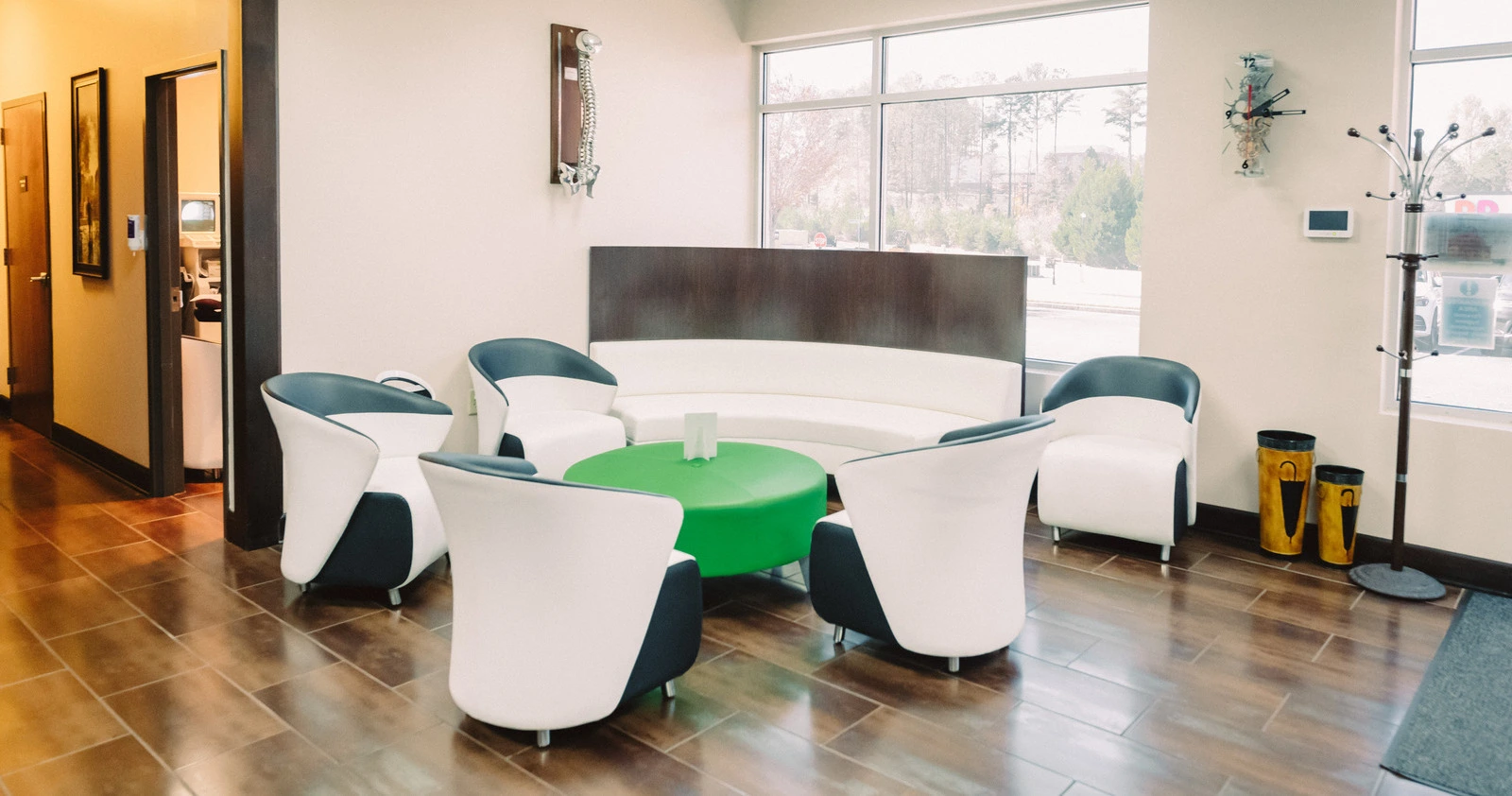
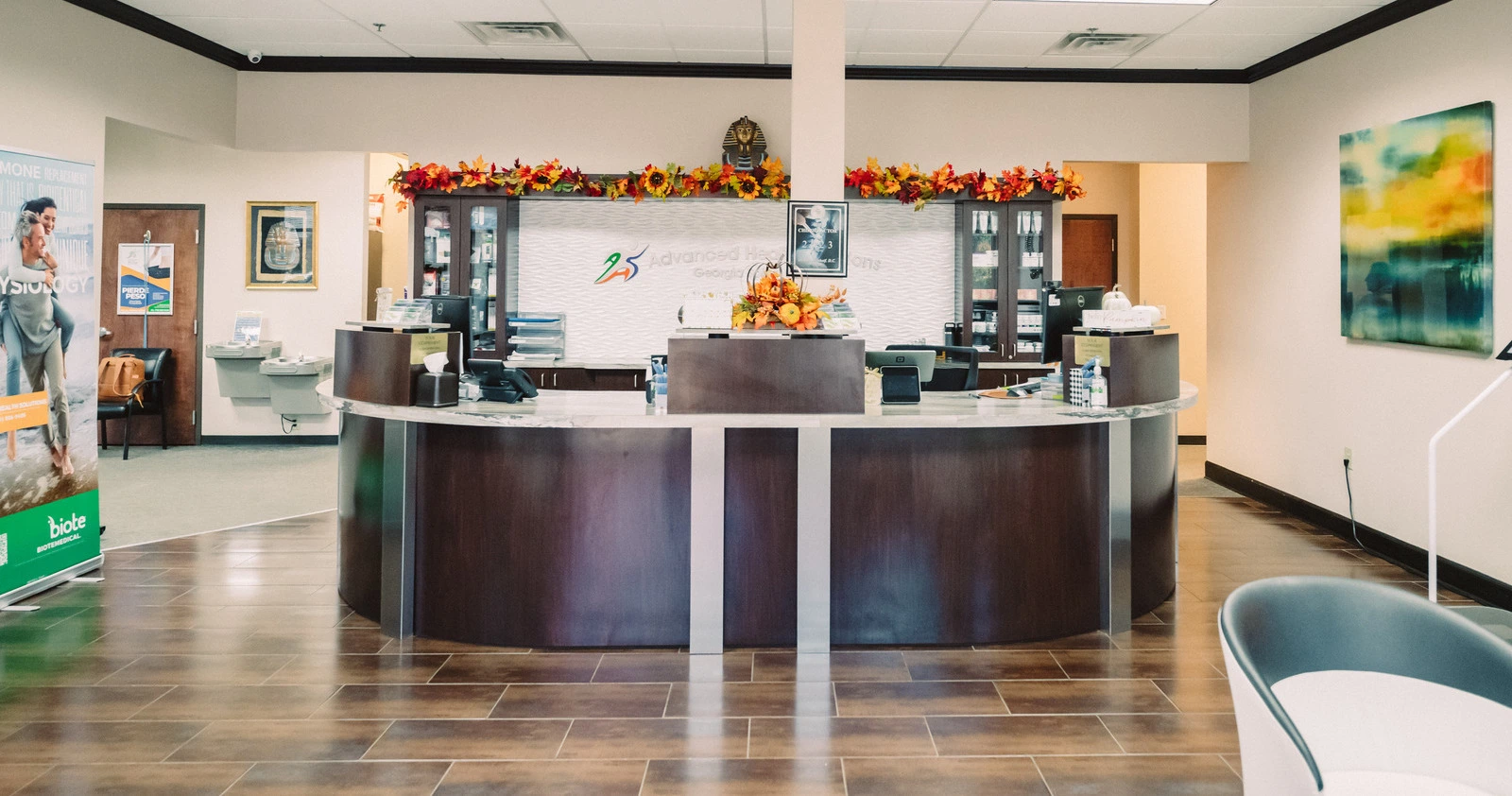
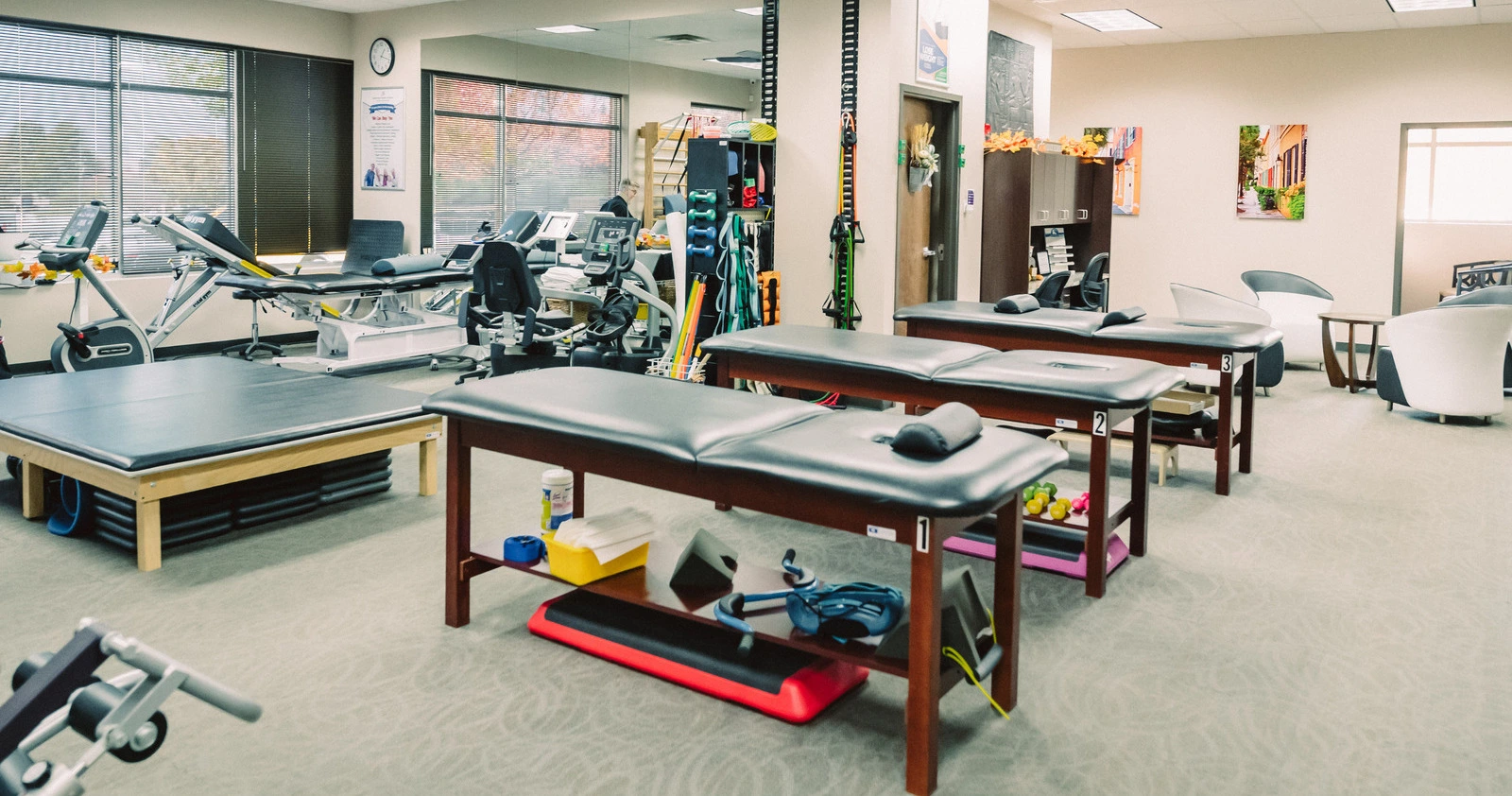
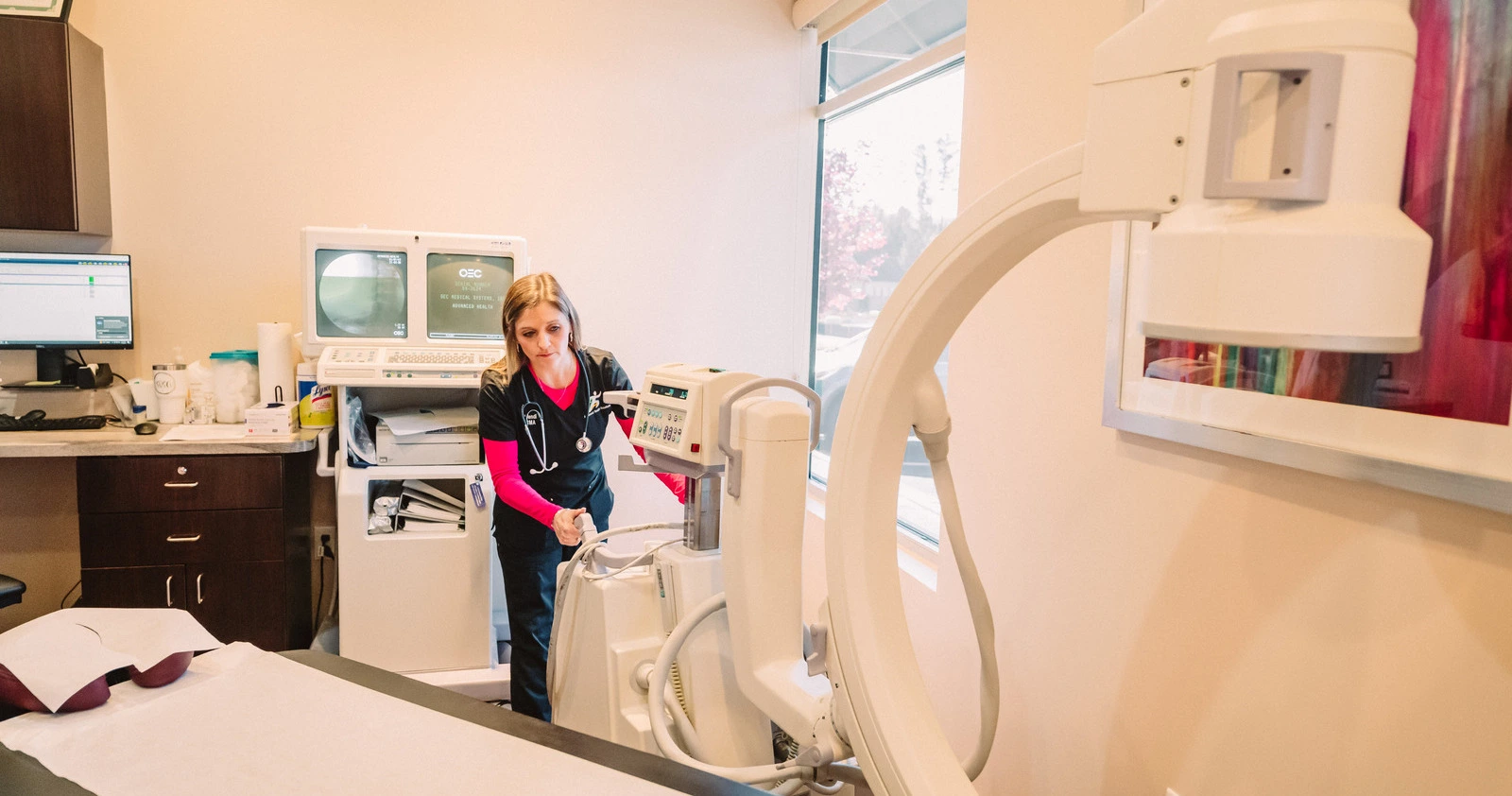

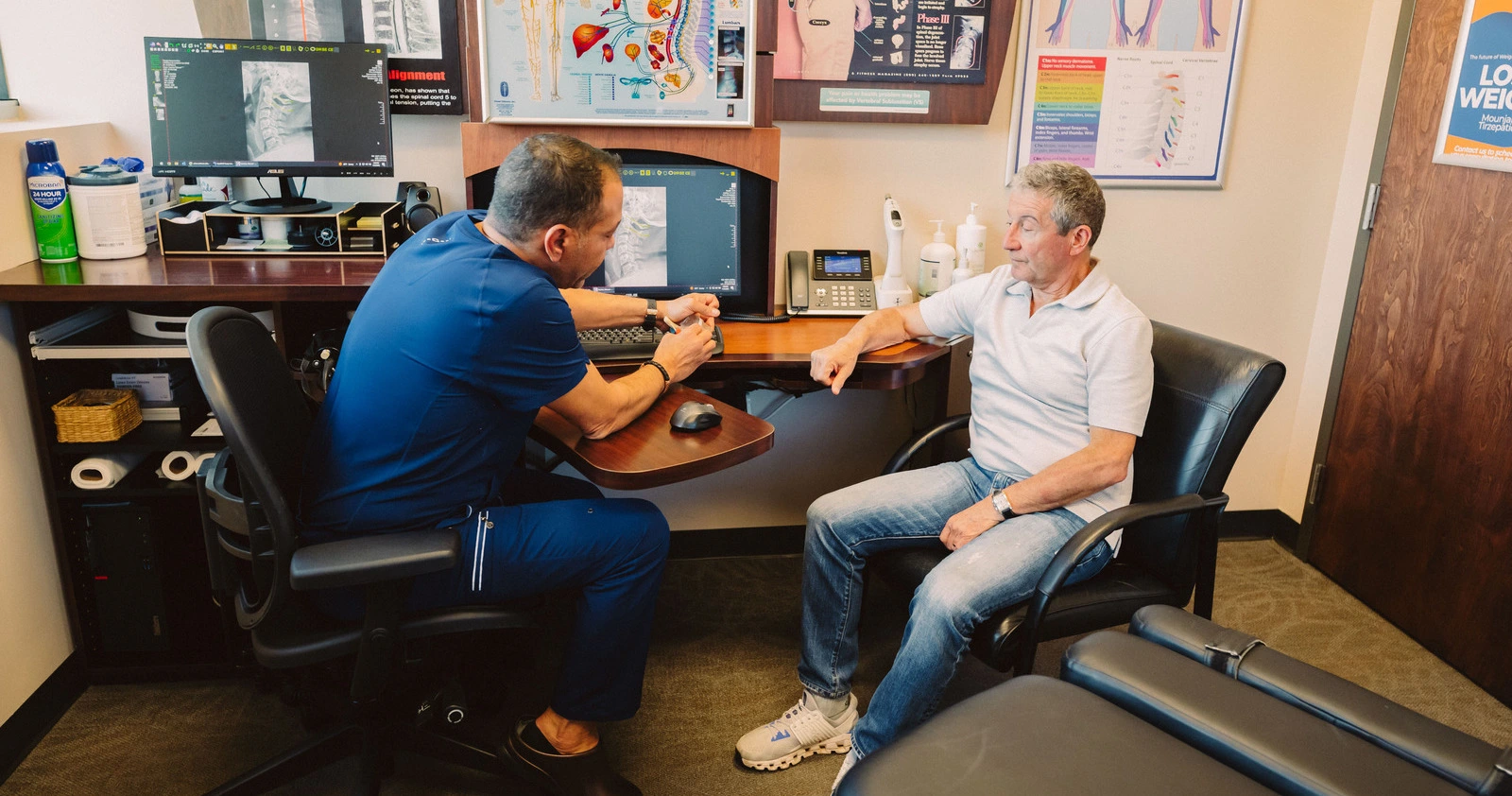
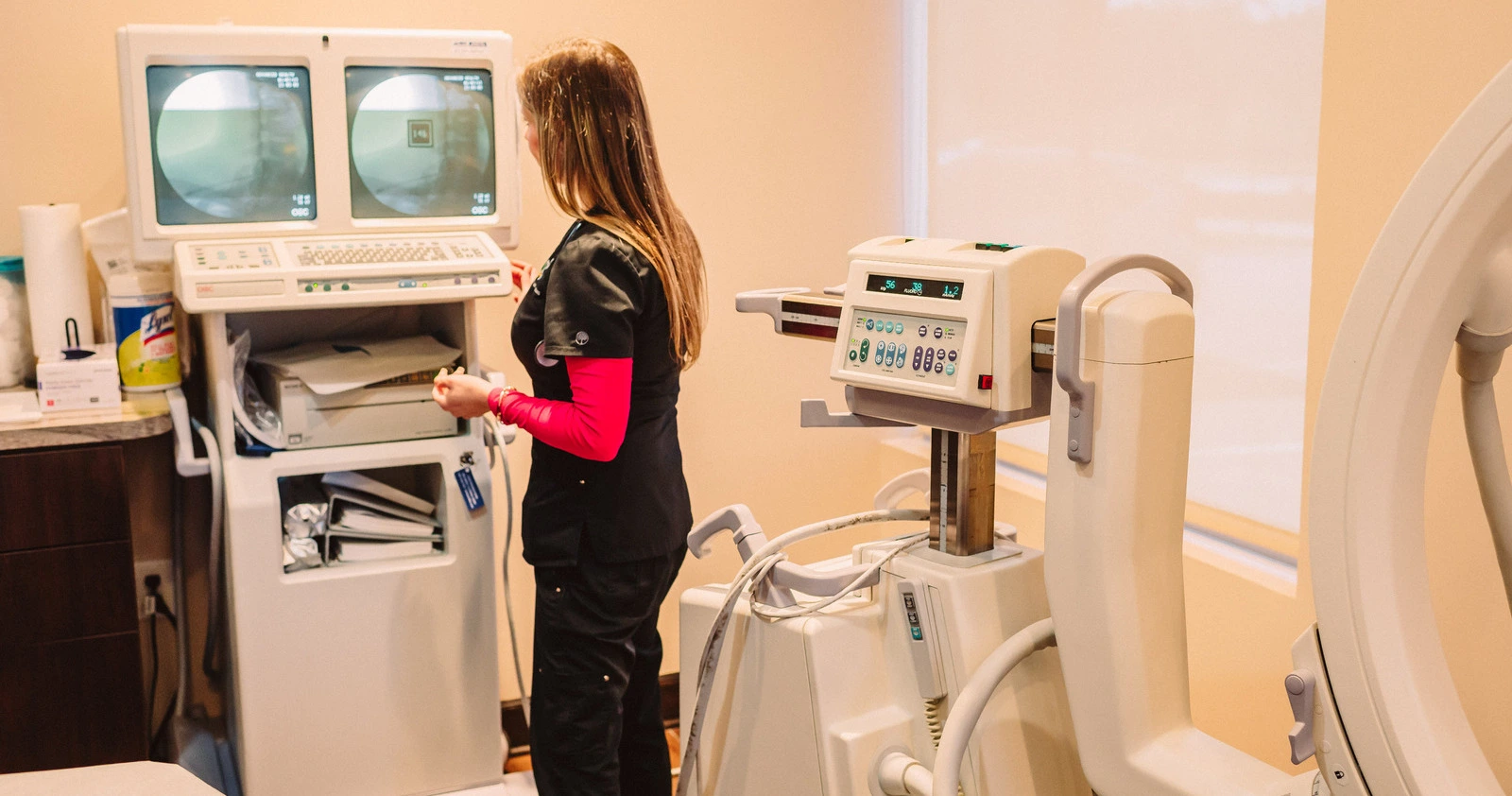
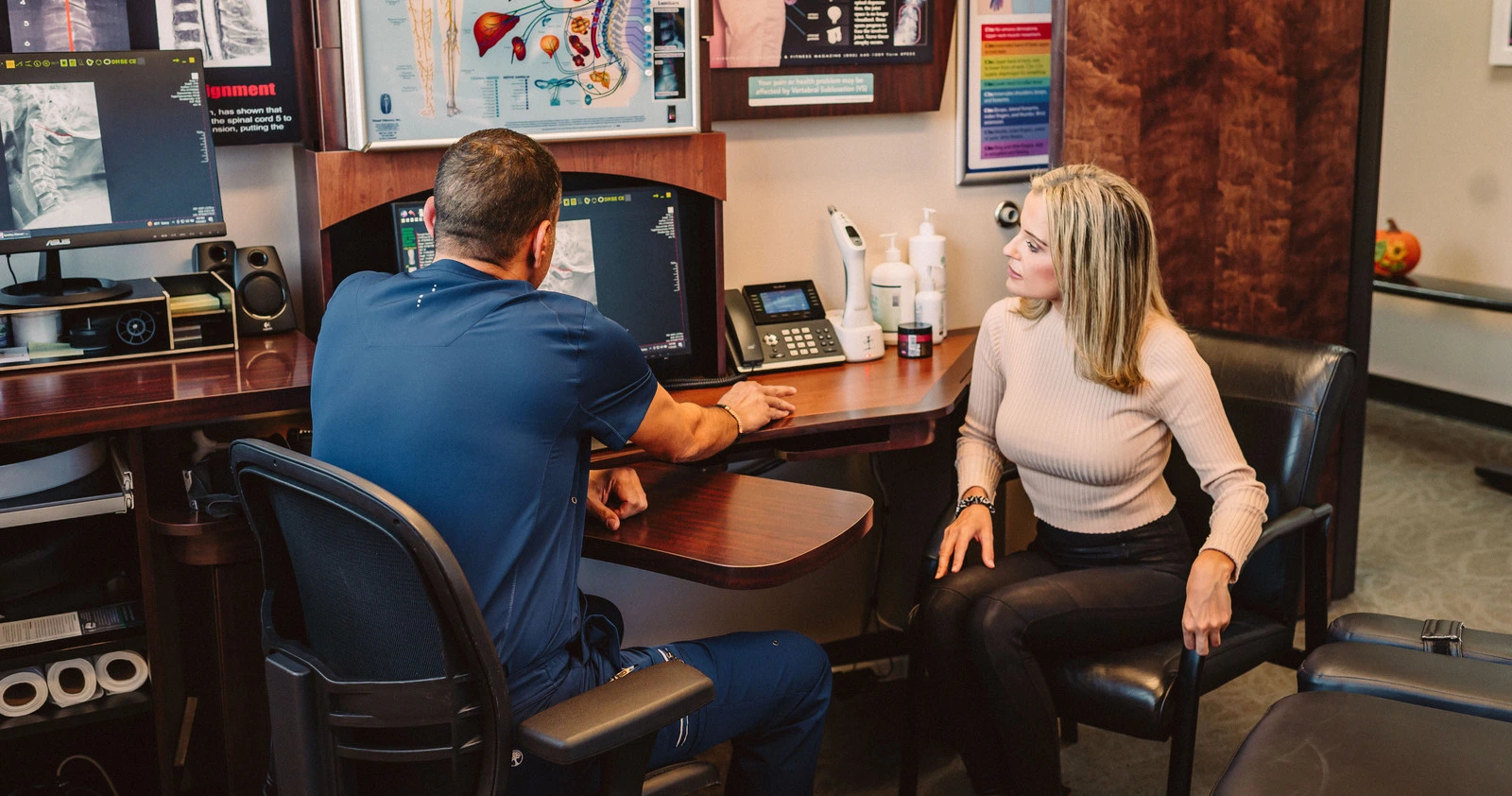
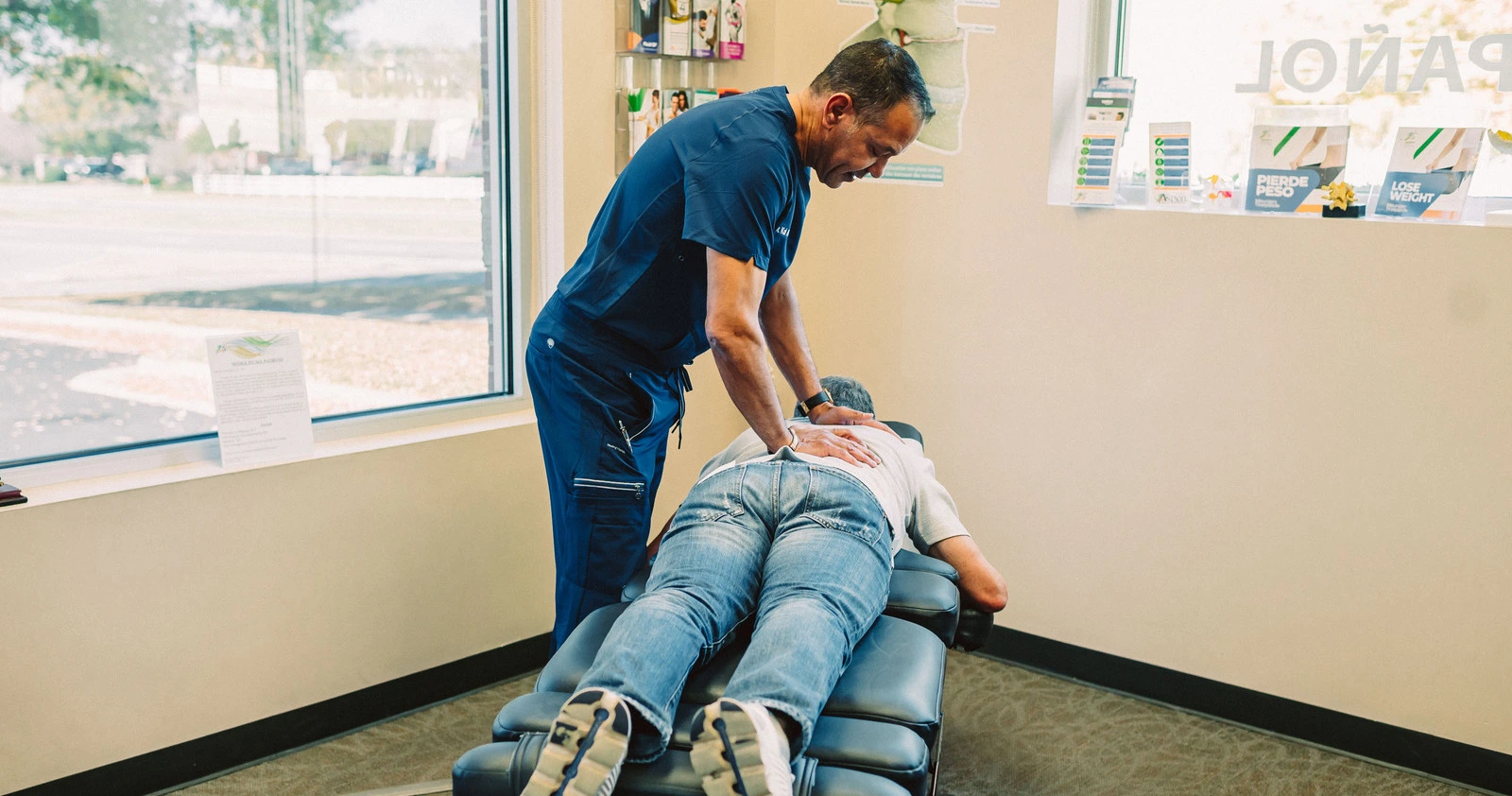
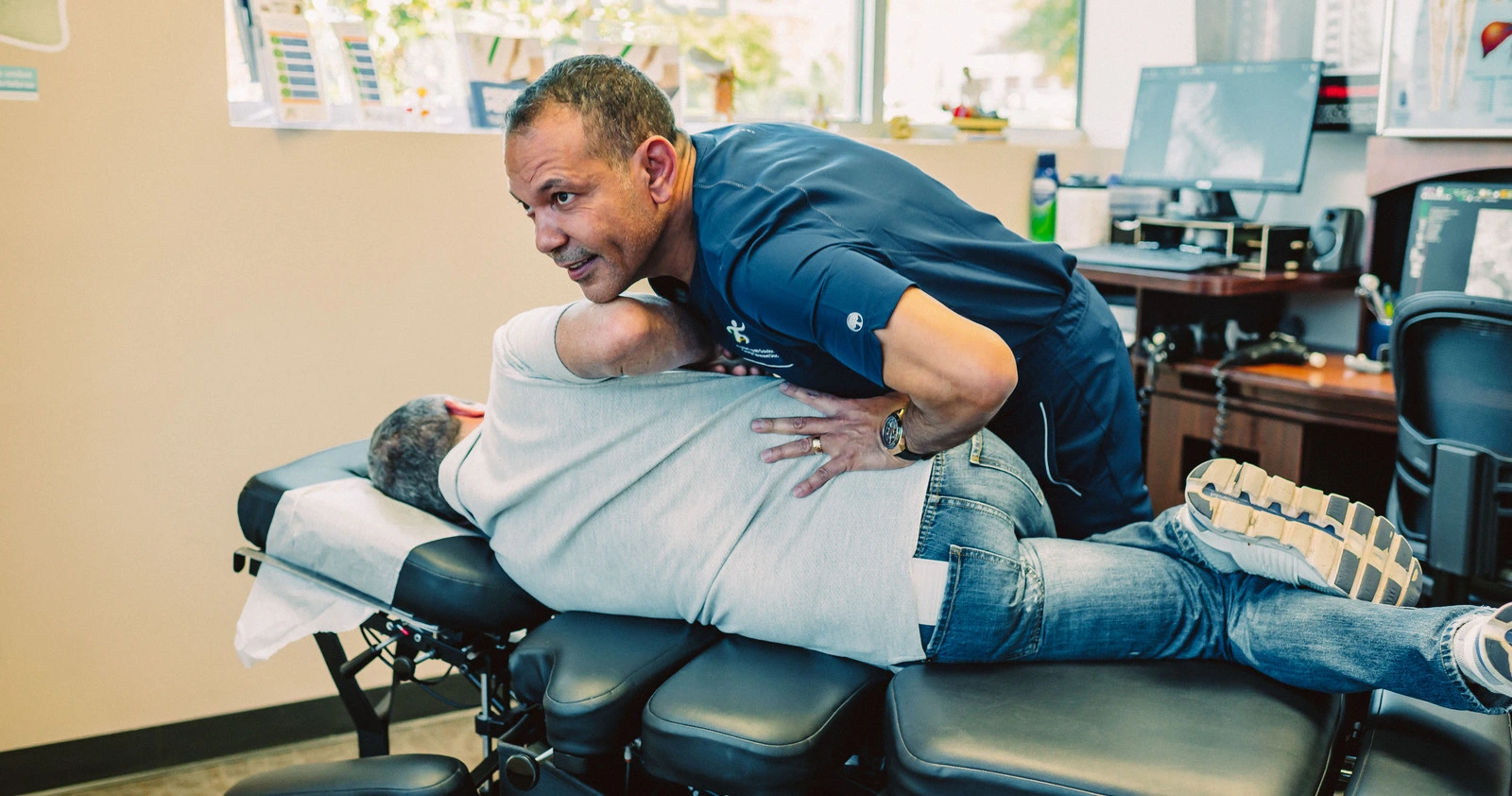
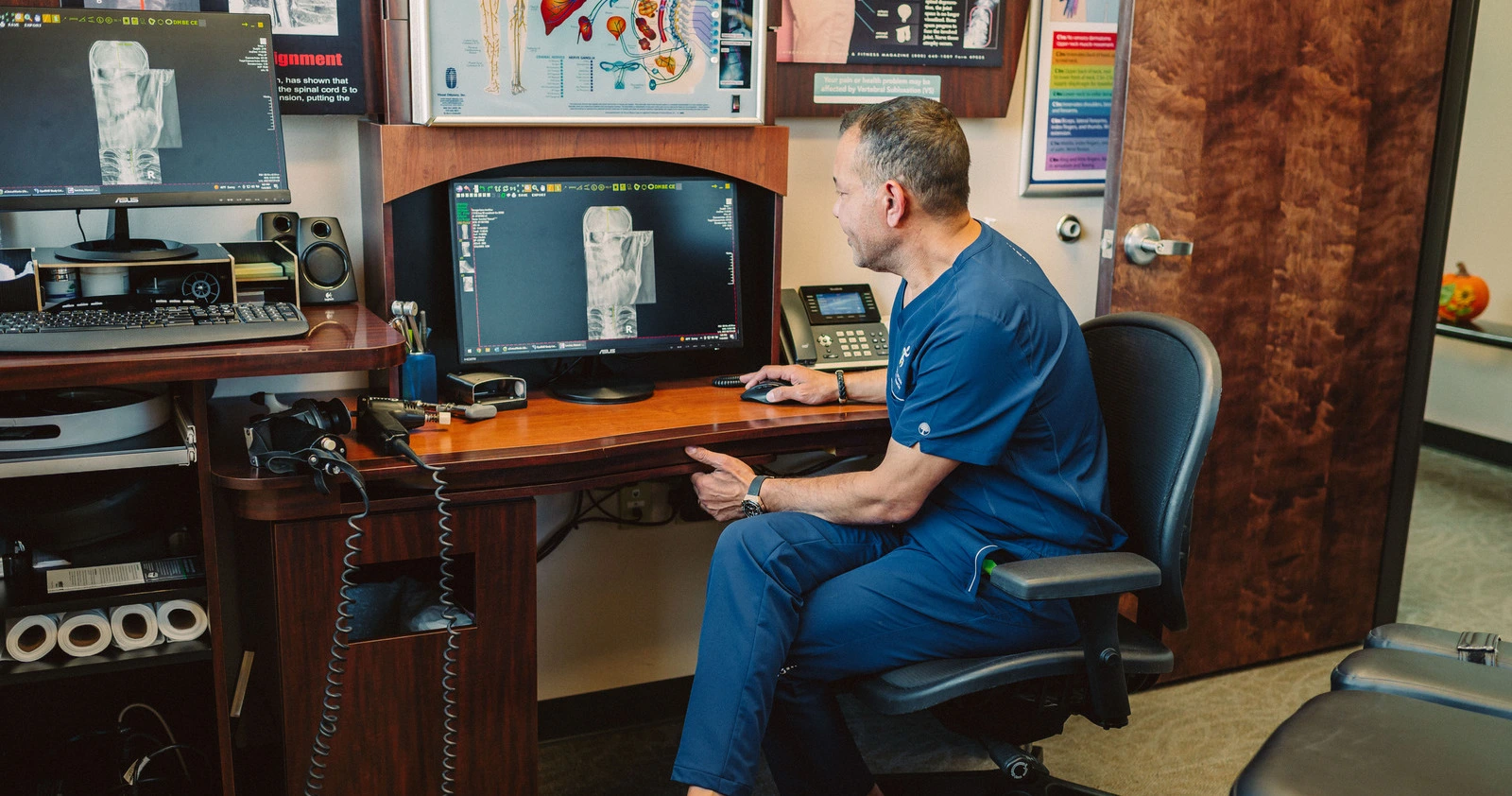
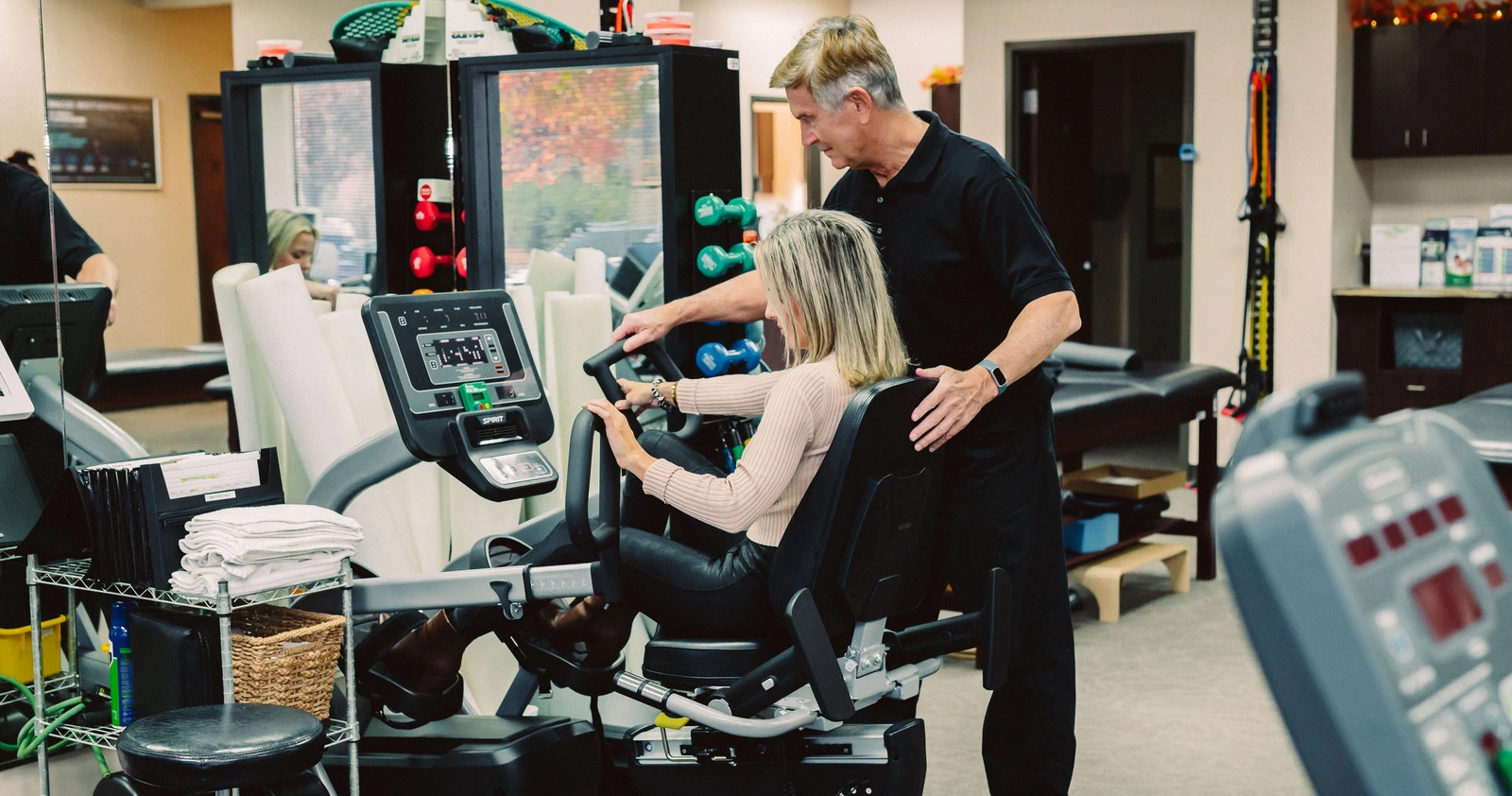
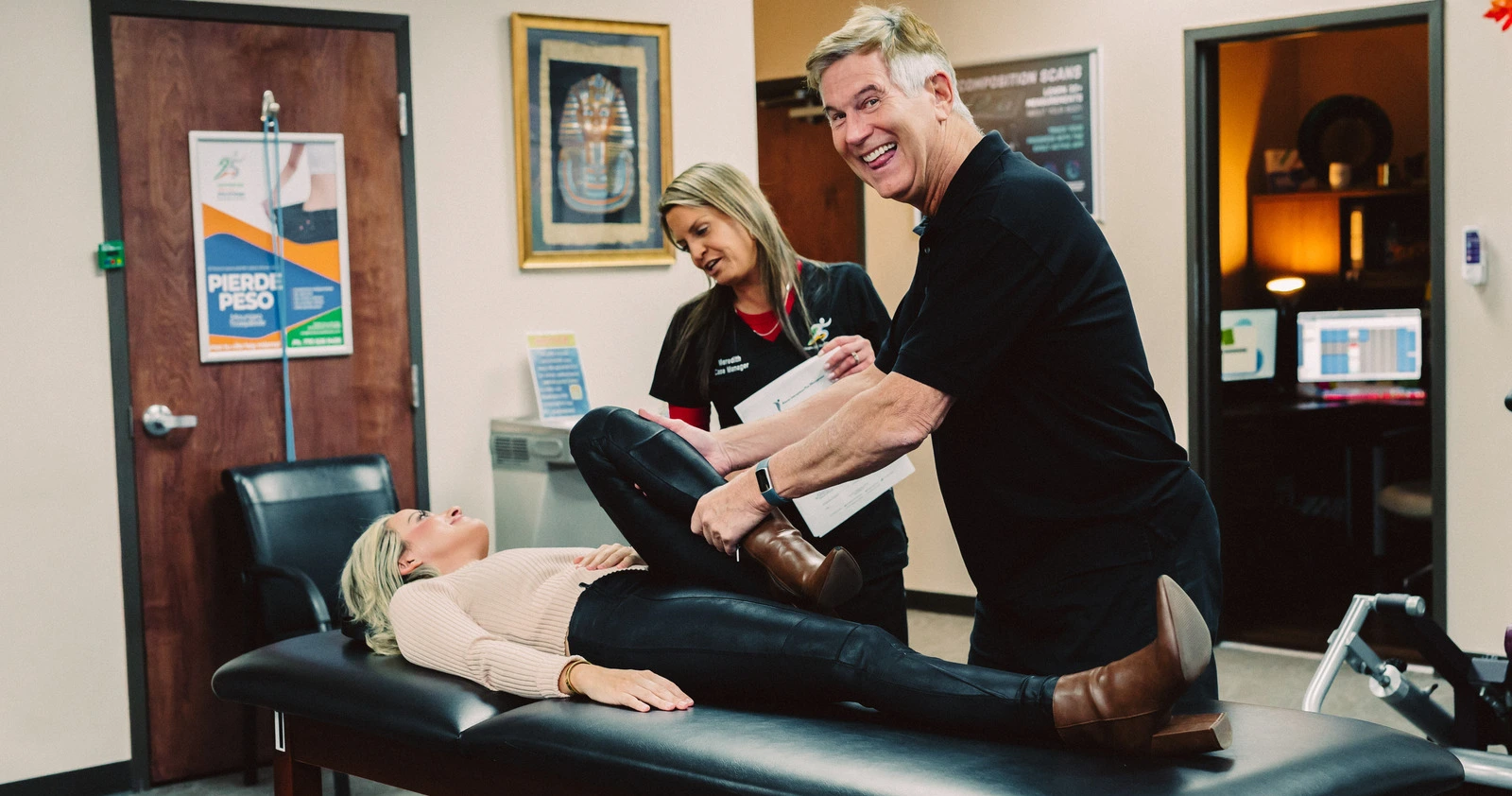
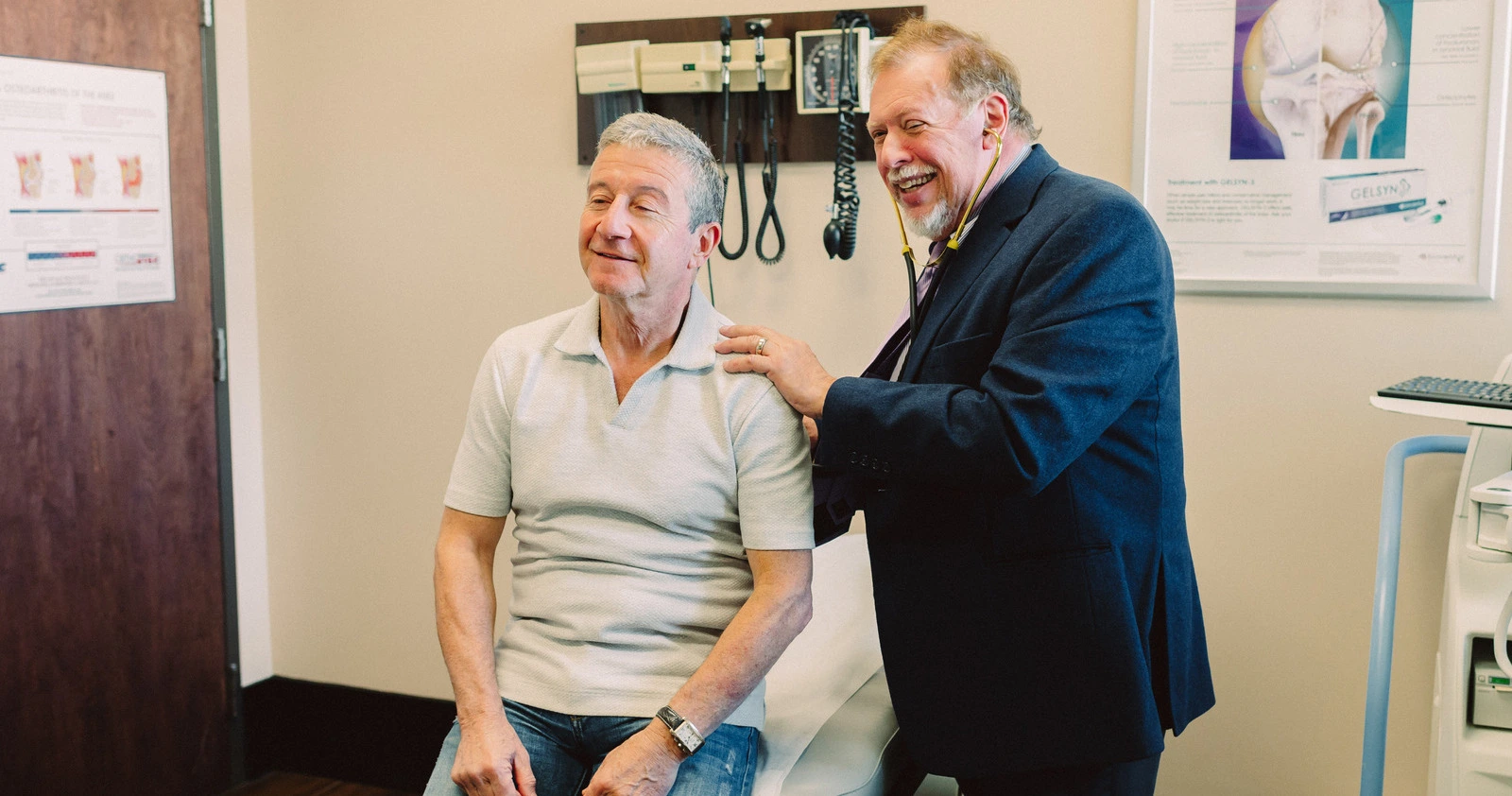


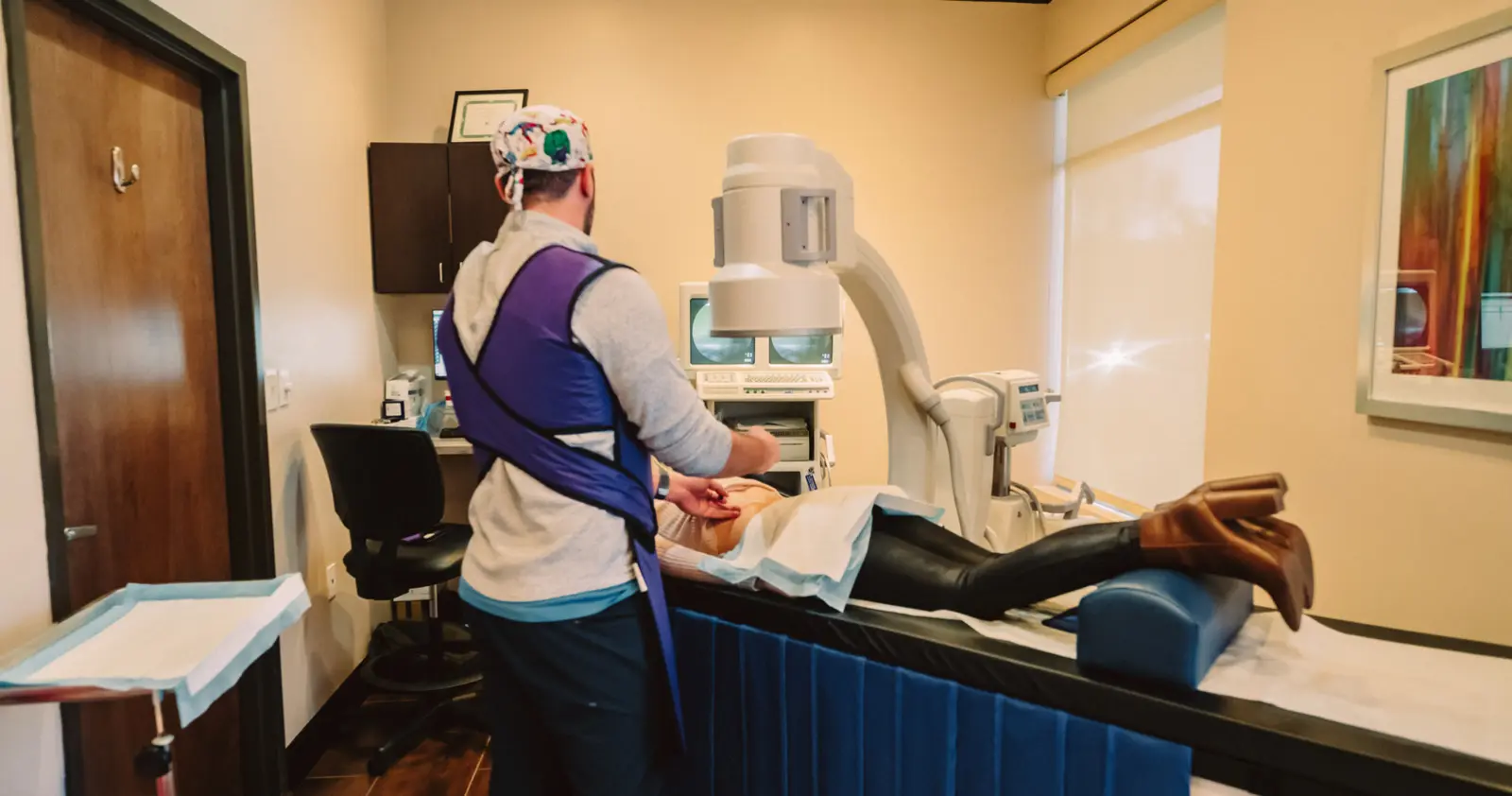

Our medical clinic offers a wide range of services, including primary care, specialty care, preventive care, diagnostic testing, chiropractic, physical therapy, and more. We strive to provide comprehensive and personalized healthcare to our patients.
Our medical professionals are highly trained and experienced in their respective fields. We have a team of doctors, nurses, specialists, and support staff who are dedicated to providing quality care and ensuring the well-being of our patients.
Our clinic(s) are conveniently located in a central area, with easy access to public transportation and ample parking facilities. We understand the importance of accessibility and strive to make it convenient for our patients to reach us. See all locations
We take pride in our high patient satisfaction rates and positive outcomes. We regularly collect feedback from our patients to continuously improve our services and ensure we meet their expectations. Read Our Reviews
We strive to work with a wide range of insurance providers to ensure that our services are accessible to as many patients as possible. We also offer flexible payment options and financial assistance programs to make healthcare affordable for our patients.
The purpose of this visit is to assess your symptoms, diagnose any potential conditions, and provide appropriate treatment or recommendations. Your healthcare provider will outline the recommended treatment plan, which may include medications, lifestyle changes, therapies, or referrals to specialists, depending on your condition.
In addition to our core medical services, we may offer additional benefits such as extended hours, online appointment scheduling, electronic medical records, and patient education resources.


We are a Multidisciplinary Clinic with over 75 years of Combined Experience